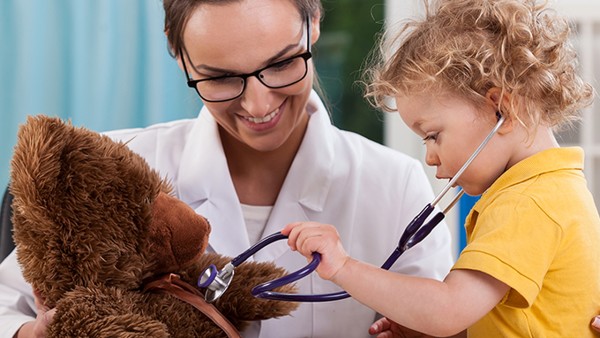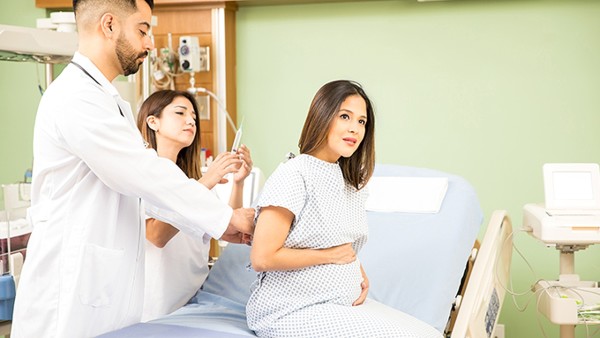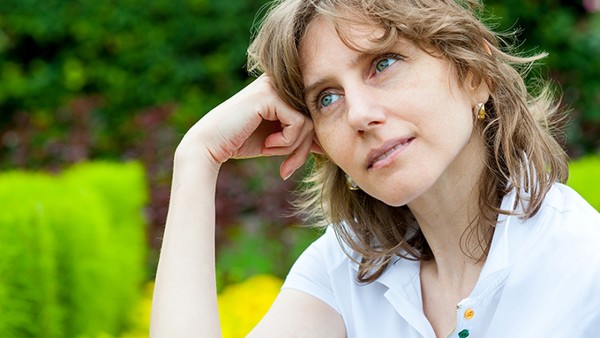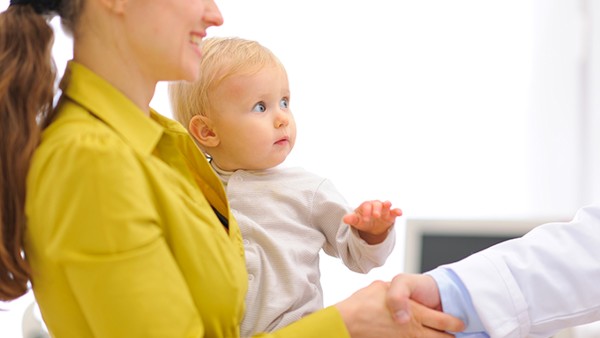What Happens to the Uterus After Pregnancy?

The uterus, also known as the womb, is a pear-shaped organ located in a woman's pelvis. It is responsible for nurturing a developing fetus during pregnancy. After childbirth, the uterus undergoes a remarkable transformation to return to its pre-pregnancy state.
1. Immediate Postpartum Changes
Immediately following childbirth, the uterus begins to contract to expel the placenta and any remaining fetal membranes. This process, known as the third stage of labor, usually takes around 30 minutes. The contractions can be painful, but they are necessary to prevent excessive bleeding.
As the uterus contracts, it becomes smaller in size. Within a few hours, it will have shrunk to about half its pre-pregnancy size. This process continues gradually over the next few weeks until the uterus returns to its normal, non-pregnant state.
2. Lochia Discharge
After childbirth, the uterus sheds the lining that had been thickened to support the pregnancy. This shedding process is accompanied by vaginal discharge called lochia. Initially, the lochia is bright red and may contain blood clots. Over time, it will gradually become lighter in color and flow, changing from red to pink to white or yellow.
The lochia typically lasts for about 4-6 weeks, but it can vary from woman to woman. If the lochia becomes foul-smelling or if it persists for more than 6 weeks, it is important to contact your healthcare provider, as it may indicate an infection.
3. Uterine Involution
The process by which the uterus shrinks back to its normal size is known as uterine involution. This process is stimulated by hormones, particularly oxytocin and prostaglandins.
Oxytocin, which is released during labor and breastfeeding, causes the uterus to contract. Prostaglandins, which are produced by the uterus itself, also promote contractions and help to break down the uterine lining.
During the first few days after childbirth, the uterus can be felt just below the belly button. Over time, it will gradually descend back into the pelvis. By the end of the 6-week postpartum period, the uterus should have returned to its pre-pregnancy size and position.
4. Return of Menstruation
After childbirth, it takes some time for the menstrual cycle to return. The first menstrual period usually occurs around 4-6 weeks after delivery if you are not breastfeeding. If you are breastfeeding, your menstrual cycle may not return for several months or even a year.
The menstrual cycle may be irregular for the first few months after childbirth. It may take several cycles for your body to establish a regular pattern.
5. Possible Complications
In some cases, the uterus may not fully involute after childbirth. This condition is called uterine subinvolution. Uterine subinvolution can cause heavy bleeding, pain, and a foul-smelling vaginal discharge.
Another possible complication is uterine prolapse. This occurs when the uterus drops down into the vagina. Uterine prolapse is more common in women who have had multiple pregnancies or who are overweight.
6. When to Seek Medical Help
If you experience any of the following symptoms after childbirth, it is important to contact your healthcare provider:
Heavy bleeding that soaks through more than one pad per hour
Foul-smelling vaginal discharge
Persistent pain or fever
Difficulty urinating or having bowel movements
The uterus is not shrinking back to its normal size
These symptoms may indicate an infection or other complication that requires treatment.
Conclusion
The uterus undergoes a remarkable transformation after pregnancy to return to its pre-pregnancy state. This process typically takes around 6 weeks, but it can vary from woman to woman. If you experience any unusual symptoms during this time, it is important to contact your healthcare provider.
The above is all the content that the editor wants to share with you. I sincerely hope that these contents can bring some help to your life and health, and I also wish that your life will be happier and happier.
Topic: #to #happens #what














